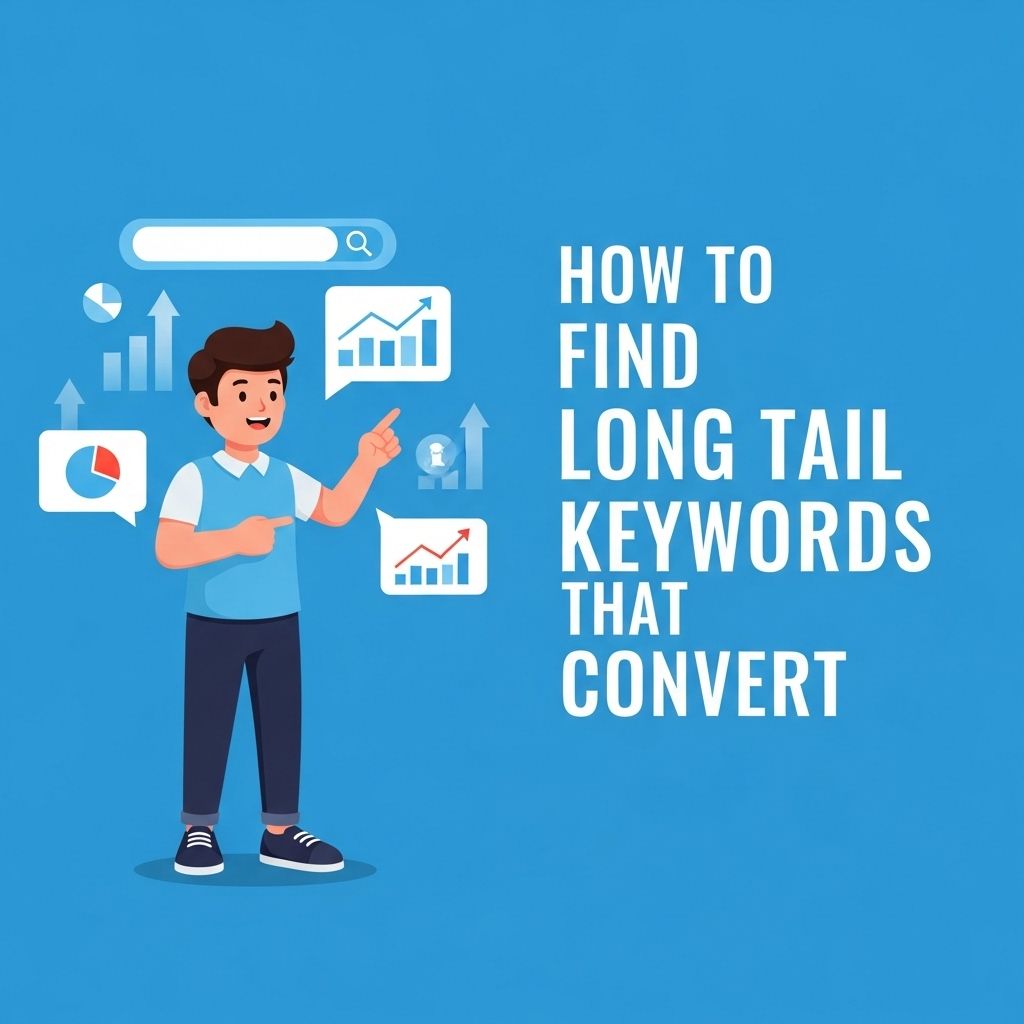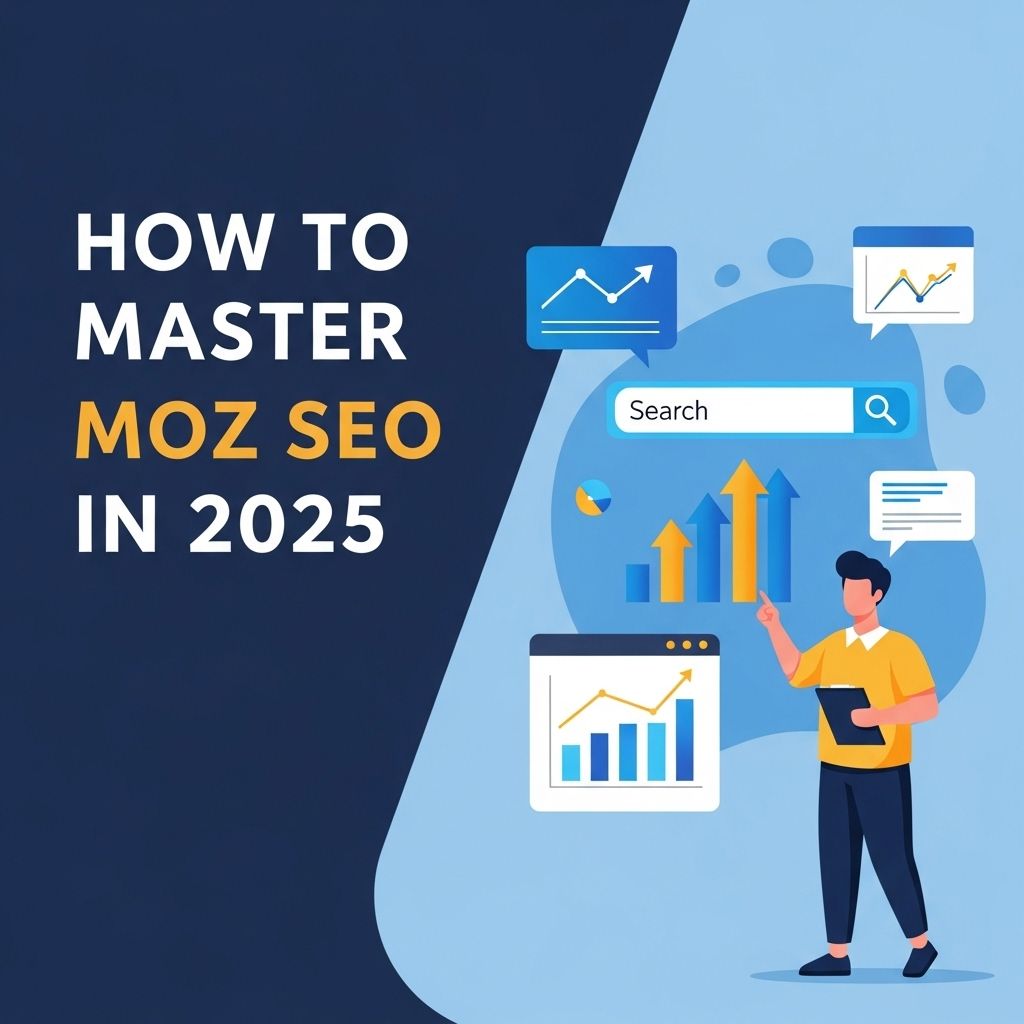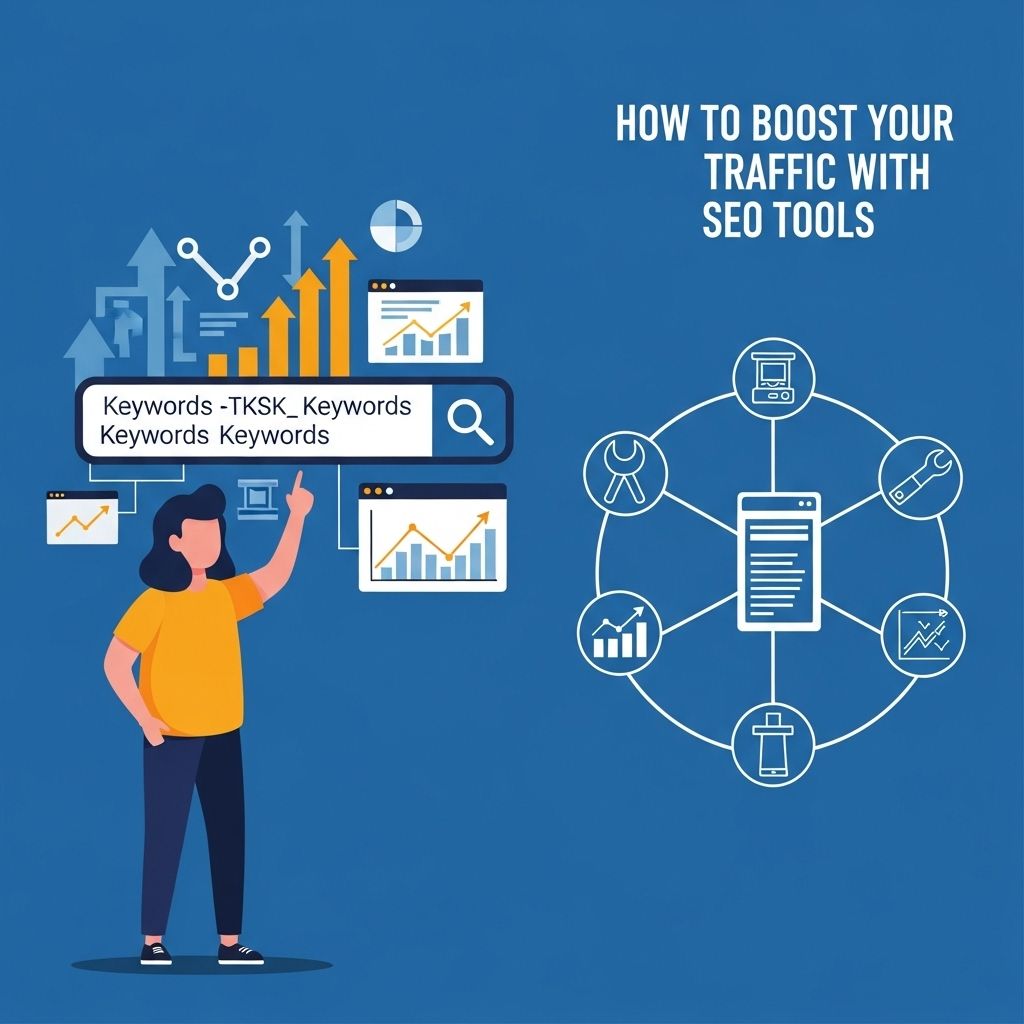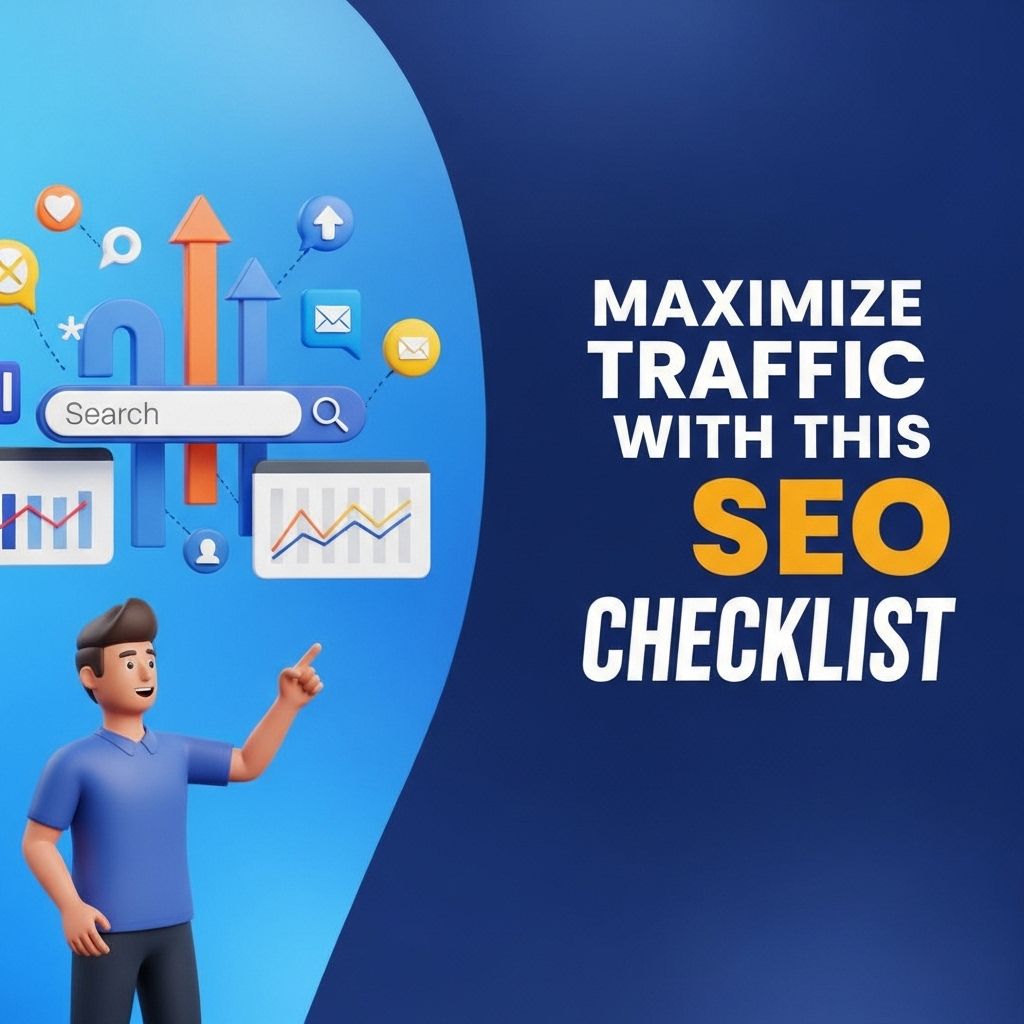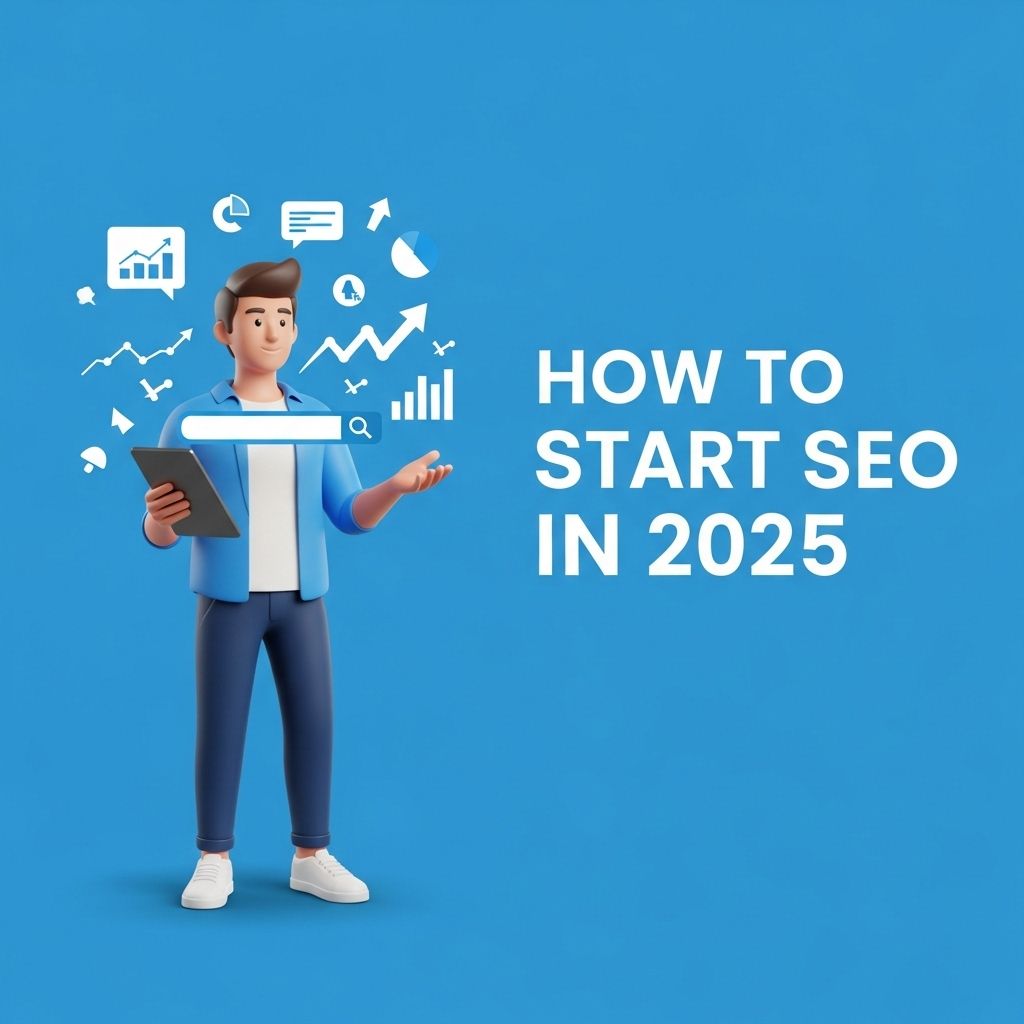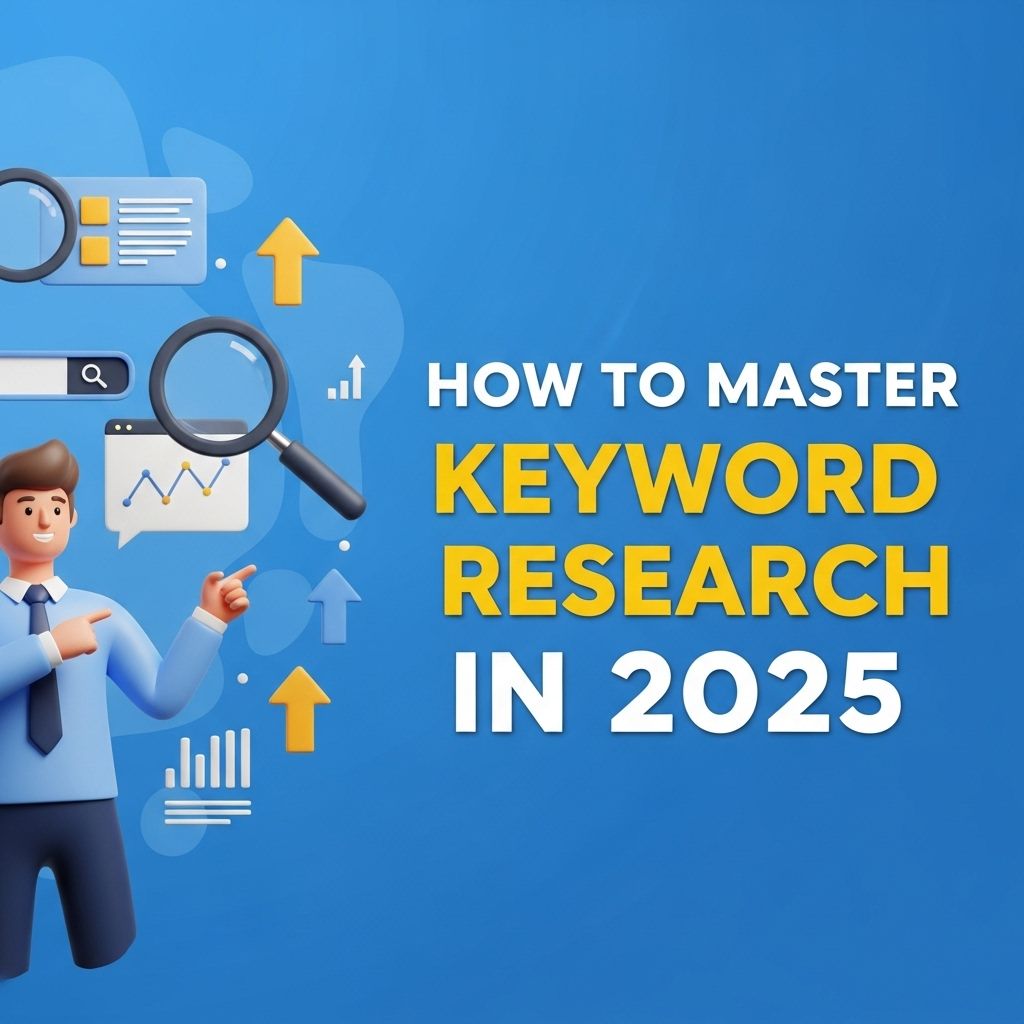Unlocking Success with AI-Powered SEO Briefs
Discover how AI-powered SEO briefs can revolutionize your content strategy and boost your search rankings effectively.
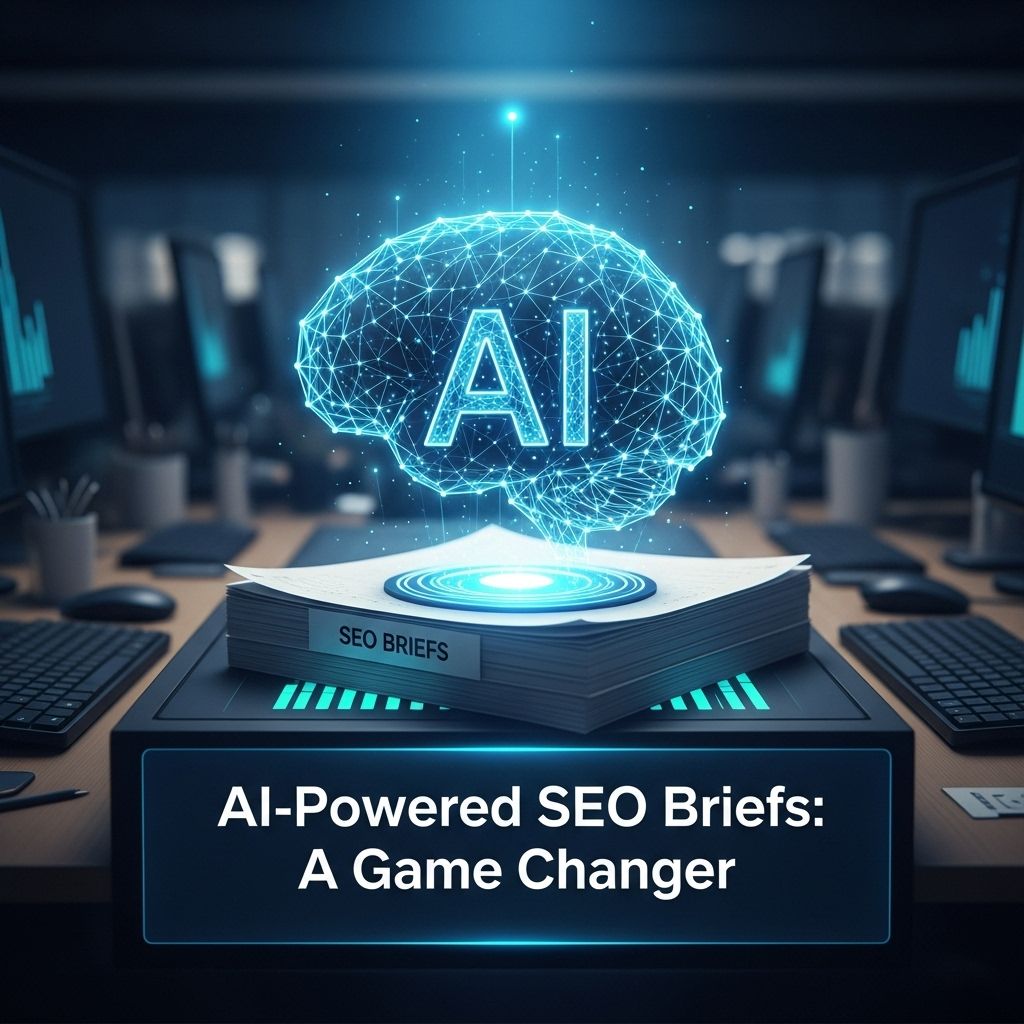
The rise of artificial intelligence has transformed numerous industries, and search engine optimization (SEO) is no exception. In an era where digital visibility can make or break a business, leveraging AI to create SEO briefs is becoming increasingly vital. AI-powered tools offer you efficiency, accuracy, and insights that can elevate your content strategy and improve your search rankings significantly.
Unlocking success in the digital landscape requires a strategic approach, and AI-powered SEO briefs offer a transformative solution. By harnessing advanced algorithms, these tools streamline content creation and optimization, ensuring your brand stands out. To further enhance your design efforts, discover unique 3D logo examples that can elevate your identity.
Table of Contents
Understanding AI in SEO
AI technology applies complex algorithms and machine learning models to analyze vast amounts of data. In SEO, AI can help identify trends, keywords, and patterns that may not be immediately apparent to human analysts. Here’s how AI is influencing SEO strategies:
- Data Analysis: AI tools can quickly analyze SEO data and provide insights that can guide content creation.
- Keyword Research: AI can identify high-value keywords and suggest long-tail variants to optimize content.
- Content Optimization: AI can assess content readability, structure, and keyword placement, offering real-time suggestions.
The Role of AI-Powered SEO Briefs
SEO briefs are documents that outline the necessary components for creating content that ranks well on search engines. With AI, these briefs can become streamlined, data-driven, and more effective. Below are some critical elements that AI-powered SEO briefs typically include:
1. Target Keywords
AI tools can generate lists of target keywords based on search volume, competition, and relevance. This makes it easier for writers to focus on the most effective terms.
2. Content Structure
AI can analyze top-ranking pages for a given keyword and suggest optimal content structure. This includes recommended headings, subheadings, and bullet points. An example structure might look like this:
| Section | Purpose |
|---|---|
| Introduction | Grab attention and introduce the topic. |
| Body | Provide in-depth information and analysis. |
| Conclusion | Summarize key points and include a call to action. |
3. Competitive Analysis
AI tools can conduct a competitive analysis to highlight what competitors are doing well and where there are opportunities for improvement. This may include:
- Identifying top-performing competitors for the target keyword.
- Analyzing their content length, format, and engagement metrics.
- Pinpointing gaps in content that your article can fill.
Benefits of AI-Powered SEO Briefs
Utilizing AI for SEO briefs provides several notable advantages that can enhance your content strategy:
Time Efficiency
Creating an SEO brief can be time-consuming. AI can significantly reduce this time by automating data collection and analysis. By streamlining the process, teams can focus on creating high-quality content rather than spending hours on research.
Data-Driven Decisions
AI empowers marketers with data-backed insights that can lead to better decision-making. Rather than relying on instinct or outdated practices, AI equips teams with real-time data analysis.
Enhanced Content Quality
AI tools help ensure that content meets SEO standards by providing suggestions on keyword density, content length, and readability. This leads to higher-quality content that resonates with both readers and search engines.
How to Implement AI-Powered SEO Briefs
Implementing AI-powered SEO briefs involves a few key steps:
Step 1: Choose the Right AI Tool
Select an AI-powered SEO tool that fits your needs. Popular options include Semrush, Ahrefs, and Frase, each offering unique features for keyword research, content optimization, and reporting.
Step 2: Define Your Objectives
Clearly outline your goals for the content. Are you aiming for brand awareness, lead generation, or improving organic traffic? Your objectives will guide the brief.
Step 3: Generate the Brief
Use the AI tool to generate a comprehensive SEO brief based on your target keywords, competitor analysis, and suggested content structure.
Step 4: Review and Revise
While AI provides valuable insights, human oversight is crucial. Review the AI-generated brief, making adjustments as necessary to align with your brand’s voice and objectives.
Challenges and Limitations of AI in SEO
Despite its advantages, there are challenges and limitations to consider when integrating AI in your SEO strategy:
1. Contextual Understanding
AI may struggle with understanding context, which can lead to irrelevant keyword suggestions or content recommendations. It’s crucial to apply human judgment in these situations.
2. Dependence on Data
AI’s effectiveness relies heavily on the quality and volume of data it receives. In cases where data is limited or biased, the insights provided may not be accurate.
3. Continuous Learning Required
SEO is constantly evolving, and keeping AI systems updated with the latest trends and algorithm changes is vital for maintaining their effectiveness.
Future Trends in AI-Powered SEO
As technology advances, the future of AI in SEO is promising. Here are some trends to watch for:
- Voice Search Optimization: With the rise of voice-activated devices, AI will play a crucial role in optimizing content for voice search queries.
- Content Personalization: AI will enable more personalized content experiences, catering to individual user preferences based on their behavior and interests.
- Improved Predictive Analytics: AI capabilities will evolve to provide even more precise predictive analytics, helping businesses anticipate future trends and adjust their strategies accordingly.
Conclusion
AI-powered SEO briefs are revolutionizing the way businesses approach content creation and optimization. By harnessing the power of AI, marketers can save time, enhance content quality, and make data-driven decisions that drive results. While challenges remain, the benefits far outweigh them, positioning AI as an essential tool in the SEO landscape. As the digital landscape continues to evolve, embracing AI technology will be key to staying ahead in the competitive online marketplace.
FAQ
What are AI-powered SEO briefs?
AI-powered SEO briefs are documents generated using artificial intelligence that provide insights and recommendations on optimizing content for search engines, helping marketers create more effective SEO strategies.
How do AI-powered SEO briefs improve content strategy?
They analyze data from various sources to identify keywords, topics, and trends that can enhance content quality and visibility, ultimately driving more organic traffic.
What benefits do AI-powered SEO briefs offer to businesses?
They save time by automating research, increase accuracy in keyword targeting, and provide strategic insights, enabling businesses to stay competitive in search rankings.
Can AI-powered SEO briefs be customized for specific industries?
Yes, many AI-powered tools allow for customization based on industry-specific keywords, trends, and audience preferences to better align with business goals.
Are AI-powered SEO briefs suitable for small businesses?
Absolutely, small businesses can greatly benefit from AI-powered SEO briefs as they provide affordable, data-driven insights that can level the playing field with larger competitors.
How often should I update my AI-powered SEO briefs?
It’s recommended to update your AI-powered SEO briefs regularly, ideally every few months or whenever there are significant changes in your industry or search engine algorithms.


